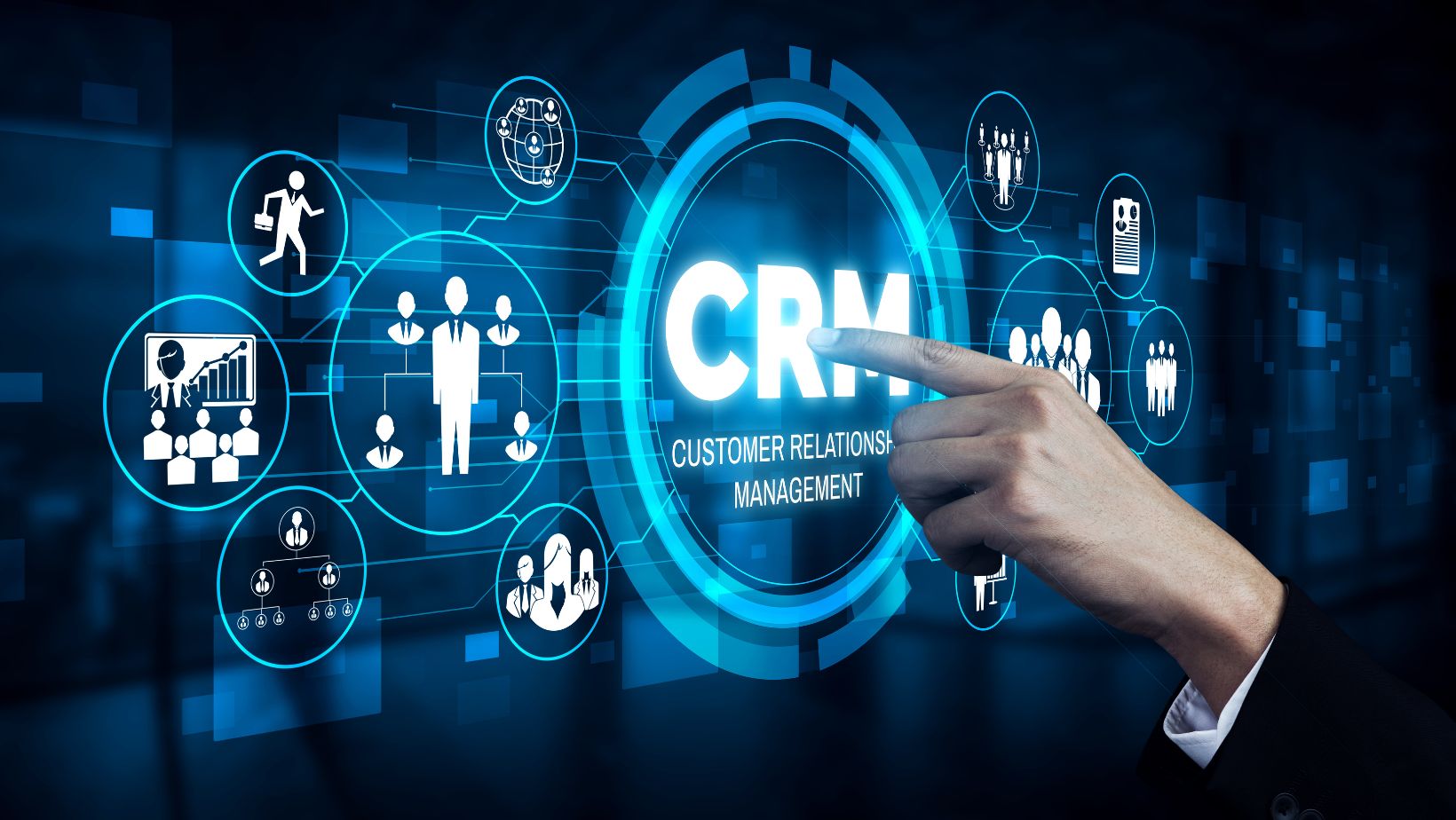Email Marketing Automation
Email remains one of the most effective ways to reach customers, and email marketing automation platforms help streamline the process, from designing campaigns to analyzing results. Tools like Mailchimp and Klaviyo offer comprehensive options, allowing marketers to create custom workflows based on user behavior. For instance, Klaviyo enables segmentation based on purchasing history, providing personalized recommendations and reminders to customers. For businesses looking to maximize Klaviyo’s features, consulting Klaviyo experts can be highly beneficial, as they can set up optimized workflows, create targeted campaigns, and help interpret data for better decision-making. Other platforms like Constant Contact offer features like automated follow-ups, A/B testing, and performance tracking, making it easy to understand what resonates with different segments. Email marketing automation can boost engagement rates, nurture leads, and drive conversions by delivering the right message at the right time.
Customer Relationship Management (CRM) Systems
CRM systems such as Salesforce and HubSpot integrate marketing automation with sales and customer service, leveraging tools like Customer 360 Audiences to provide a comprehensive view of customer interactions. These systems automate routine customer interactions, helping sales teams prioritize leads based on engagement levels and past behaviors. HubSpot, for instance, combines CRM, email marketing, social media, and content management, making it easy to manage campaigns across multiple channels.
With CRM-based marketing automation, businesses can keep track of customer engagement throughout the entire lifecycle, allowing for highly personalized communication that builds stronger relationships over time.

CRMs with automation capabilities enable sales and marketing teams to work cohesively, improving overall customer satisfaction and retention.
Some organizations also use tools like Grain AI for sales to capture insights from customer interactions. This adds real conversational context to CRM data, helping teams understand client needs more clearly and tailor their engagement strategies accordingly.
Social Media Management and Automation
Managing social media can be time-consuming, but platforms like Hootsuite and Buffer make it easier through automation. These tools allow businesses to schedule posts in advance, ensuring a steady stream of content without manual effort. Social media management tools also provide analytics and engagement insights, helping businesses understand what types of content resonate with their audience.
Another popular option, Sprout Social, offers advanced features like social listening, which lets brands monitor online conversations and respond in real time. This feature is particularly useful for managing customer feedback, understanding sentiment, and adapting content strategies based on emerging trends.
Lead Nurturing and Scoring Platforms
For B2B companies and organizations with long sales cycles, lead nurturing and scoring tools, such as Pardot (by Salesforce) and Marketo Engage, can be invaluable. These platforms automate lead capture, scoring, and nurturing based on specific criteria like email engagement, website visits, and content downloads.
Marketo Engage, for example, offers a range of capabilities, including lead segmentation, targeted email campaigns, and behavior tracking, making it easier for sales teams to focus on high-potential leads. Pardot integrates seamlessly with Salesforce, enabling companies to track leads from first interaction to conversion. Lead scoring allows sales teams to prioritize their outreach, while automated nurturing campaigns help keep prospects engaged and informed.
Content Management and Personalization
Delivering relevant content to the right audience is essential for effective marketing. Platforms like Optimizely and HubSpot enable content automation and personalization by delivering customized messages based on a user’s journey. These platforms allow marketers to dynamically adjust website content, emails, and landing pages to align with individual user behavior.
Content automation tools can help brands maintain a cohesive narrative across channels, which strengthens customer loyalty. When used effectively, personalization can dramatically increase engagement by making users feel that the content is tailored specifically for them.
Analytics and Reporting Tools
Automation goes beyond just executing marketing tasks; it’s also about understanding what works.

Platforms like Google Analytics 360 and Tableau allow businesses to automate reporting and track KPIs like conversions, bounce rates, and user demographics. By automating data collection and analysis, these tools provide actionable insights, helping marketers refine their strategies based on real-time information.
Google Analytics 360, for example, offers enhanced customization and data integration options, while Tableau allows for interactive data visualization. Both options help marketers make informed decisions and optimize campaigns continuously.
Conclusion
From email automation and CRM integration to social media scheduling and data analysis, today’s marketing automation tools offer businesses a range of solutions to streamline operations, enhance customer experiences, and drive better results. By choosing the right combination of tools, companies can create highly efficient marketing processes that save time, increase engagement, and improve the overall effectiveness of their campaigns. Whether you’re a small business or a large enterprise, there’s a marketing automation tool that can fit your needs and help you achieve your growth goals.



